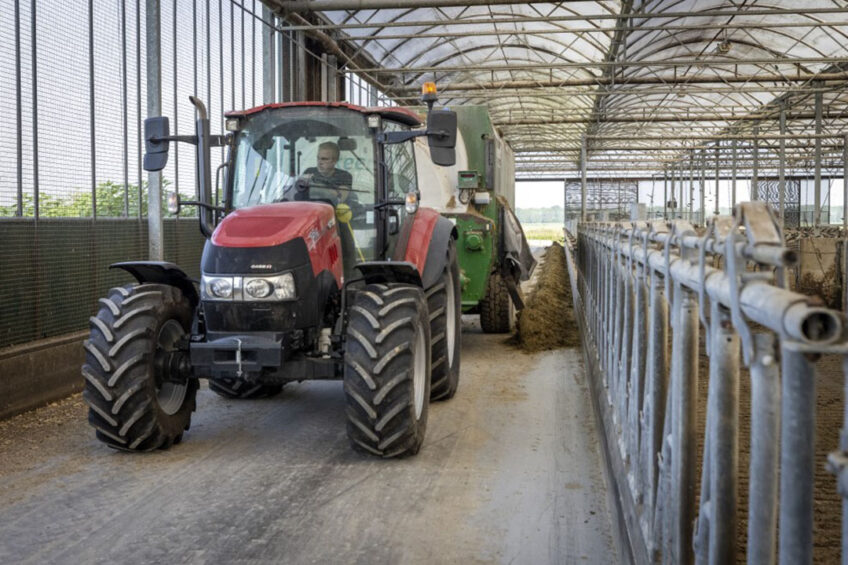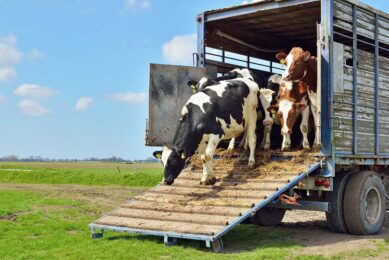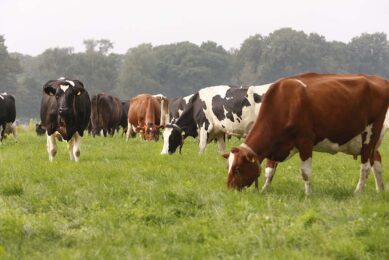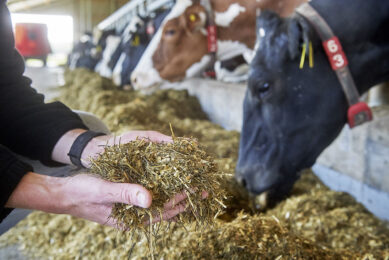How and why to invest in your employees on the dairy farm

Employees, whether hired or family, full or part time, part of a large crew or relatively small one, are an integral part of every operation. Day-in, day-out, they are your eyes and ears and keep the business running when you cannot be around. Investing in your employees is as important, if not more than, the rest of your farm management.
It is essential to not just hear what they need, but to also trust them with responsibility so they take pride in their work and grow their skills and responsibilities. This approach lays the groundwork to build farm leaders. Workers and family members able and willing to step up and manage the operation help the business perform better and grow.
Good leadership isn’t born. Even ‘natural’ leaders require a bit of honing and education. Your best leaders will not just take charge of their own duties, but also recognise talents and efforts of their peers. Good leaders bring up the entire team.
5 traits of good farm leaders
- Reliable leaders are able to take action and intervene to ensure a job is carried through. They also promote teamwork and are viewed as positive role models by those with whom they work.
- Good leaders can also positively challenge current operational methods with the goal of making improvements. They gently challenge co-workers to bring their own ideas to the table via open communication channels. In this way, a leader will coach, mentor, and develop self-managing, collaborative teams with high standards and goals.
- Leaders do not let titles set up communication barriers for subordinates. They do not let status impede work progress.
- They are willing to work with all employees, especially new employees and those still building confidence in their positions. They discipline other potential leaders. Likewise, they take time to hear what someone is saying before responding, thus preventing impulsive reactions.
- Also, leaders who strive to reach the farm goals sets a positive influence for others to follow. Effective leaders are active listeners.
How to encourage team leadership
Leadership starts with farm owners or managers being role models themselves. Higher-ups must model the traits and behaviours and set expectations for everyone else.
Setting an example and sharing a vision can unite the farm team. It can instil your passion in them, which drives their passion and engagement in everyday chores. This not only empowers employees, but also provides avenues where they can grow in their current role. It can also encourage them to pursue other interests in the farm.
Good leaders can also impact employee productivity. An employee going through the motions is likely not content or fulfilled, especially if they feel they have a boss that requires them to report versus a leader that pushes them to do better and works beside them to ensure that happens.
Setting team goals
Many employees may not see their own potential and need to be persuaded or nudged to do a job better or take on new responsibilities. Positive role models show them it can be done and help them set personal goals that align with farm goals.
‘How’ information is delivered is just as important, if not more than ‘what’ is delivered. If an employee in a leadership role is believed to be trustworthy, other employees are more likely to have a positive response to news or updates, even if they are negative.
Good leaders not only understand what their co-workers do, but also their values and what is important to them. By going beyond the task, members of the team can be better connected and supported. Don’t get tempted to just go through the motions but, rather, genuinely express interest in your employees.
Understanding the values of employees not only builds comradery and sincerity, it will also help provide information on those that could benefit from additional training or would be a good leader down the road.
Employees not only want to see enthusiasm from leaders directly above them, but from the top as well. When employees see your passion for the farm and agriculture, they will be inspired to care and invest in the farm’s future.
Because farms are constantly growing and developing, team goals will also need to change. Make it a practice to revisit goals and revise them regularly. Good leaders will be flexible with developments and maintain a positive attitude with change. They will take time to map out and implement actions that achieve team goals amid times of change and trial. This also provides positive feedback.
The bottom line is that strong leaders are key to a healthy farm workplace. Not only does it ensure work is accomplished correctly and on time, but it promotes positive attitudes among employees and reduces turnover rates.
References available on request.










